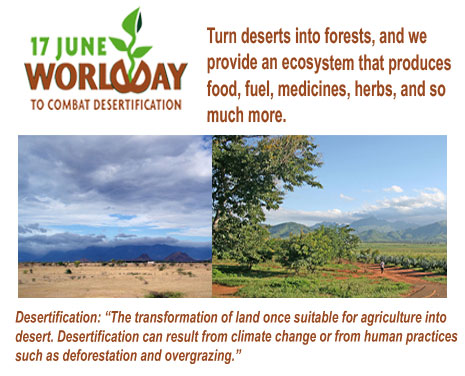 Every year on July 17, World Day for International Justice is observed all around the world. The aim of the day is to promote international criminal justice and as a way of supporting the work of the ICC.
Every year on July 17, World Day for International Justice is observed all around the world. The aim of the day is to promote international criminal justice and as a way of supporting the work of the ICC.
What is the ICC?
ICC stands for the International Criminal Court. It came about when 120 states adopted a statute in Rome. It was known as the Rome Statute of the International Criminal Court (“the Rome Statute”). All the countries that agreed to adopt the statute were accepting the jurisdiction of the ICC, with regards the prosecution of very serious crimes. The idea was not for the ICC to replace national courts. It is only able to intervene when a country can’t or won’t carry out investigations and prosecute perpetrators.
The Aim of International Justice Day
The aim of this day is to unite everyone who wants to support justice as well as promote victims rights. It is to help prevent serious crimes and those that put the peace, security and well-being of the world at risk.


 To be ‘seized’ by God is… quite an experience!
To be ‘seized’ by God is… quite an experience!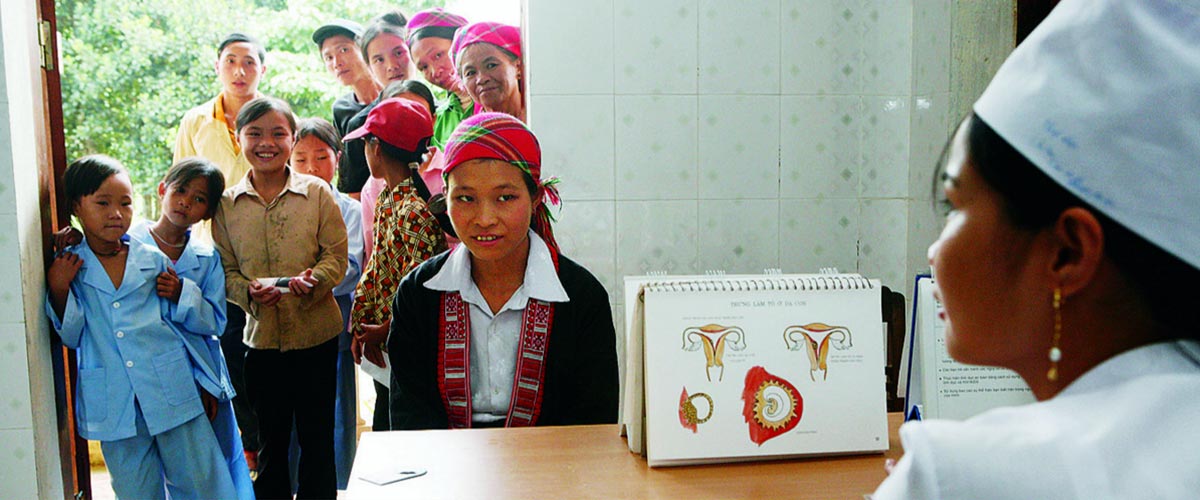 The United Nations’ (UN) World Population Day is annually observed on July 11 to reaffirm the human right to plan for a family. It encourages activities, events and information to help make this right a reality throughout the world.
The United Nations’ (UN) World Population Day is annually observed on July 11 to reaffirm the human right to plan for a family. It encourages activities, events and information to help make this right a reality throughout the world.


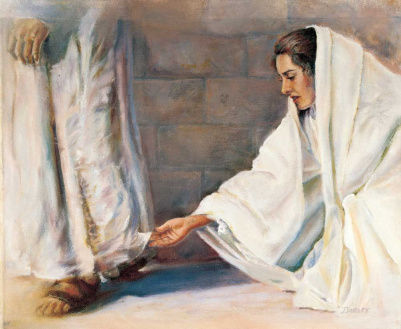

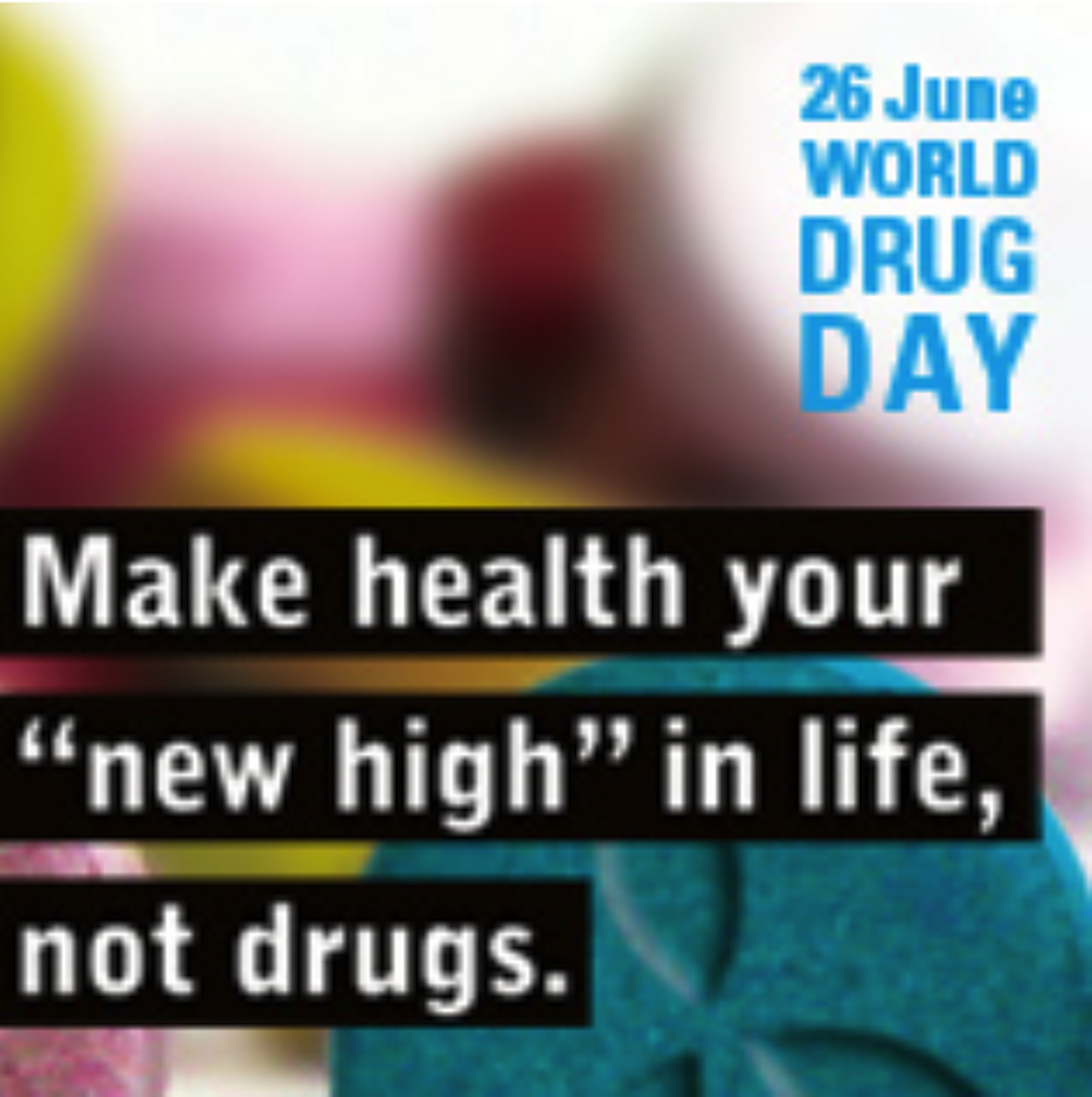 The United Nations’ (UN) International Day Against Drug Abuse and Illicit Trafficking falls on June 26 each year to raise awareness of the major problem that illicit drugs represent to society. This day is supported by individuals, communities and various organizations all over the world.
The United Nations’ (UN) International Day Against Drug Abuse and Illicit Trafficking falls on June 26 each year to raise awareness of the major problem that illicit drugs represent to society. This day is supported by individuals, communities and various organizations all over the world.
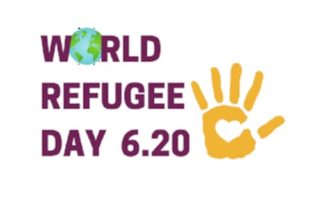

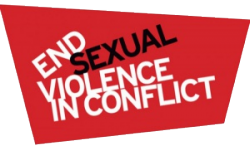 International Day for the Elimination of Sexual Violence in Conflict is a United Nations observance on June 19 to raise awareness of the need to put an end to conflict-related sexual violence.
International Day for the Elimination of Sexual Violence in Conflict is a United Nations observance on June 19 to raise awareness of the need to put an end to conflict-related sexual violence.